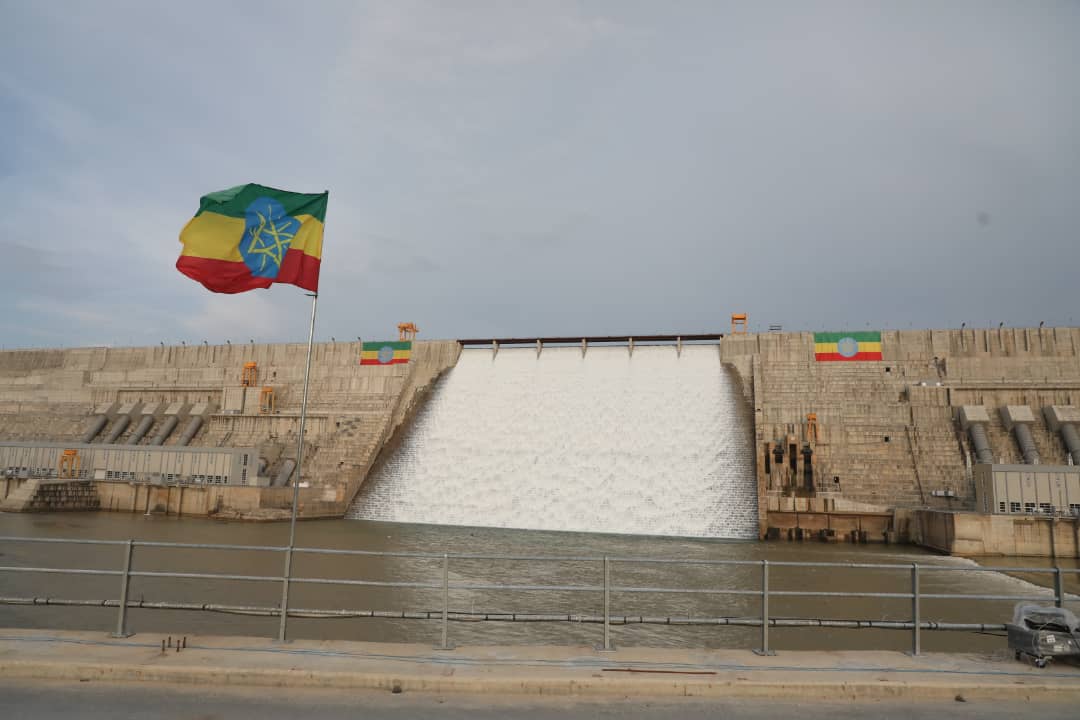African Journalists Hail Ethiopia's GERD as Model of Self-Financed Development for Continent - ENA English
African Journalists Hail Ethiopia's GERD as Model of Self-Financed Development for Continent

Addis Ababa, September 9, 2025 (ENA) --- Journalists across Africa are celebrating Ethiopia's Grand Ethiopian Renaissance Dam (GERD) as a powerful symbol of self-reliance.
Unlike many large-scale African projects that rely on foreign debt, the GERD was funded almost entirely by the Ethiopian people.
This has led many to hail the dam as a compelling model for nations seeking to build critical infrastructure and gain financial independence without the burden of external loans.
Reporters from Kenya, South Africa, and Tanzania noted that GERD stands out for being largely self-financed—unlike many African infrastructure projects dependent on foreign loans.
Journalists from the Kenya Broadcasting Corporation (KBC), South African Broadcasting Corporation (SABC), and Mwananchi Communications of Tanzania noted that the dam stands out for both its scale and self-financed model.
Unlike many large-scale African infrastructure projects funded through international loans, the GERD was built almost entirely with domestic resources.
Eric Biegon, Multimedia Journalist at KBC, highlighted the contributions from ordinary citizens, government workers, and the Ethiopian diaspora, describing the funding model as a unifying force and a source of national pride.
Now the largest hydroelectric power plant in Africa, the GERD has a generation capacity exceeding 5,000 megawatts.
It is expected to electrify millions in Ethiopia while exporting power to neighboring countries like Sudan, Kenya, Djibouti, and potentially Tanzania—strengthening regional energy security and economic integration.
SABC journalist Immah Ncube emphasized that amid rising debt challenges across Africa, the GERD offers a compelling example of financial sovereignty.
She pointed to the importance of local investment and political will in achieving transformative development without the conditions often tied to external funding.
Halili Letea of Mwananchi Communications noted that at a time when many African states are grappling with debt burdens from externally financed projects, the GERD offers a powerful lesson in financial sovereignty.
Ethiopia’s achievement serves as an inspiration for other African countries, like Tanzania, that are pursuing ambitious infrastructure goals.
He stressed the value of tapping into domestic capacities and fostering national unity around development efforts.
As Africa pursues sustainable, homegrown development, the GERD stands as a powerful example of what unity, vision, and local investment can achieve.